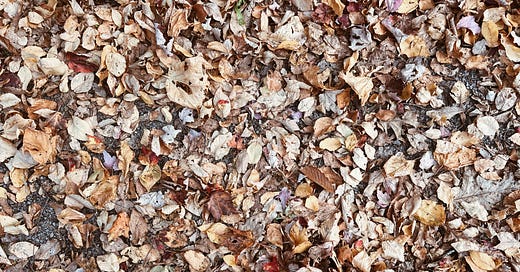The first post in the series discussed why I’m writing about psychedelics and recovery, and solicited your feedback (“Using psychedelics in recovery, part 1: A long road to a complicated decision”).
The second was an account of my experience using psilocybin and ayahuasca over the last three years (“Using psychedelics in recovery, part 2: My experience with ayahuasca and mushrooms”).
In this edition, part 3, I am sharing some resources I’ve collected over the past years (books, movies, articles, podcasts, organizations, providers, etc.), as well as reader-submitted resources and reader-submitted stories/opinions/thoughts about psychedelics/recovery/sobriety.
The next post (fourth) will be me answering your questions (thank you for submitting them—the collection period is over), and the fifth will share conclusions I’ve drawn based on my experience. Those will trickle out over the next few months.
I read over 150 different responses by readers on the use of psychedelics (mostly in the con…



